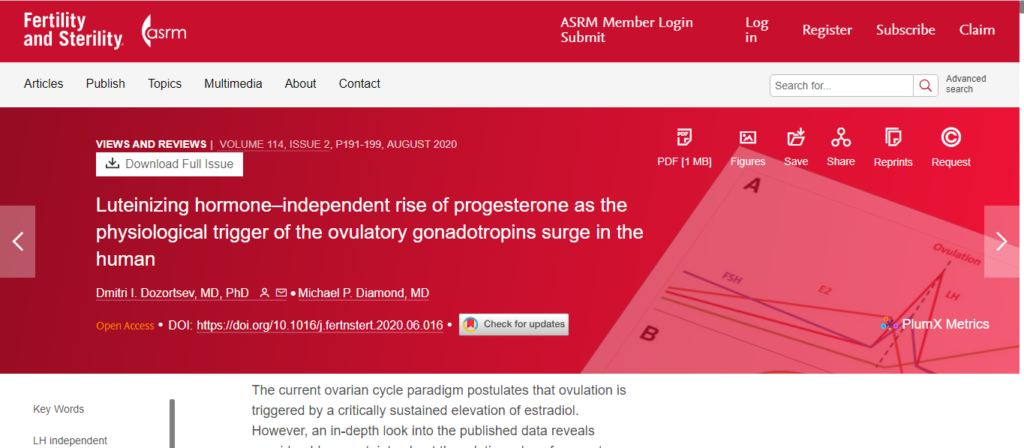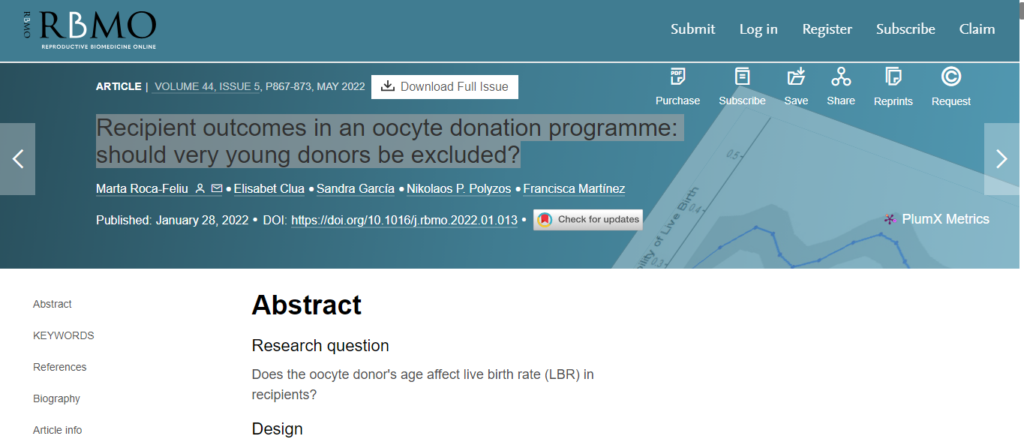Genetics can have a serious influence on fertility, though not always in the ways that people expect.
People often assume that their own parents’ fertility has a direct impact on theirs. In reality, the relationship is quite a bit more nuanced. Out of the approximately 7% of all couples who experience infertility, it has been estimated that around 50% of those cases of infertility are related to genetic issues. While those genetic causes can be directly linked to the experiences of your parents, they can also follow a less direct path for both men and women.
While there are still many questions about the specifics, there are some direct links between genetics and fertility that have been found.
Genetics and Fertility: Chromosomes
Many people are unable to conceive or carry a pregnancy successfully due to chromosomal abnormalities in the embryo that can come from either partner. Sadly, chromosomally abnormal embryos have a low rate of implantation in the mother’s uterus, meaning that those embryos often end up being miscarried. If an abnormal embryo does implant, the pregnancy might still result in miscarriage or in the birth of a baby with physical or mental issues.
There are several kinds of chromosomal abnormalities that can occur, resulting in fertility problems. These are:
- Deletion — a piece of a chromosome is missing.
- Inversion — a chromosome is upside down.
- Mutation — a change in the gene’s DNA sequence.
- Aneuploidy — having too many or too few chromosomes.
- Translocation — chromosome pieces are attached to the wrong chromosome. This is the most common form of abnormality.
Genetics and Fertility: Genetic Disorders
In addition to chromosomal abnormalities, there are a number of disorders and conditions that impact fertility that can be, at least partially, inherited.
When it comes to male fertility, genetic conditions can impact the quantity and health of sperm. However, genetic conditions that cause significant sperm abnormalities typically won’t be passed down to future generations from intercourse alone since they usually cause absolute infertility.
Female fertility issues are passed down more easily than male ones. Premature menopause, endometriosis, and polycystic ovarian syndrome (PCOS) all have a genetic component and they can all have a negative impact on your fertility.
- Premature menopause: The age and speed at which your eggs decline in both quality and quantity likely has a strong genetic component. The best predictor of when you will go through menopause is typically when your mother went through menopause. That means that if your mother had premature menopause, you will likely begin becoming less fertile at an earlier age.
- Endometriosis: Of the approximately 1 in 10 women in the US who lives with endometriosis, around 30% to 50% typically struggle with infertility. It is unclear just how much of endometriosis is the result of your genetics and how much is caused by other factors, however it is clear that genetics do have an impact in the development of the condition.
- Polycystic ovarian syndrome (PCOS): PCOS is one of the most common causes of infertility in women and it often runs in families.
Though genetics can play a significant role in conception, they usually have little or no impact on how successful pregnancies are if conception and implantation were successful.
Options for Couples
If you are worried about genetic factors influencing your fertility, there are some options available to you.
Couples who are concerned about their fertility can benefit both from standard fertility testing and from genetic testing specifically. These tests examine your DNA to find any gene changes that might indicate infertility.
Identifying a genetic cause for your infertility through these tests can help you make the right decision on how to proceed by choosing the treatments that are most likely to help. Depending on the genetic cause, you might have several treatment options available. For example, for couples with specific chromosomal defects, a combination of the pre-implantation genetic diagnosis (PGD) with in-vitro fertilization (IVF) can increase your chances of a successful pregnancy.
If you are worried about how your genetics might be causing fertility problems, or if you simply want to learn more about infertility and the options that are available to you, don’t hesitate to contact us at AFCT. Our fertility specialists are ready to help you navigate your fertility journey no matter what stage you’re in or what your concerns are.



